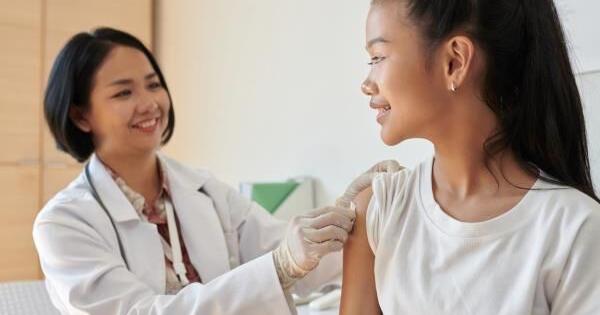
As the back-to-school season approaches, families with children aged 7 to 18 are diligently preparing for the upcoming academic year. Among the tasks often overshadowed by shopping for supplies and organizing schedules is an essential health requirement: ensuring that children and adolescents are up to date with their immunizations. Medical professionals emphasize that vaccinations play a critical role in protecting young individuals from various illnesses that gain traction once school is back in session.
Immunizations serve as a proactive measure to equip the immune system with the necessary tools to recognize and combat viruses that spread easily in communal environments, such as classrooms and playgrounds. The importance of these vaccinations cannot be understated; many of the diseases they prevent can lead to severe health complications. For instance, conditions resulting from viral infections can include infertility, muscle paralysis, cognitive impairments, visual and auditory impairments, and even cancer.
This year’s back-to-school period coincides with heightened discussions around health and wellness, particularly due to the ongoing impact of the COVID-19 pandemic. The necessity for children to have up-to-date immunizations has become even more pronounced as schools implement safety measures and health policies aimed at minimizing outbreaks of contagious diseases.
Parents are encouraged to schedule visits with their pediatricians or family doctors to ensure that their children’s immunization records are current. Healthcare providers can offer personalized advice based on a child’s healthcare history and any specific vaccines that may be required for school entry or participation in extracurricular activities. The American Academy of Pediatrics recommends that children receive routine vaccinations according to established schedules to ensure optimal immunity by the time they return to school.
In addition, many states have specific immunization requirements for school attendance that can vary widely. For example, some states may mandate certain vaccines, including those for measles, mumps, rubella (MMR), and pertussis, often referred to as whooping cough. Failure to adhere to these requirements may result in children being unable to attend classes until vaccinations are obtained.
As the academic year looms, parents should prioritize the health and well-being of their children by checking vaccination status and scheduling necessary medical appointments. This proactive approach not only safeguards individual health but also contributes to the broader community’s efforts to control preventable diseases, ultimately fostering a safer school environment for all students.

